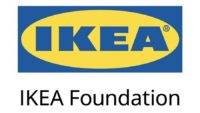TREYL Project - Key learning paper
The Transforming Rural Economies and Youth Livelihoods (TREYL) regenerative agriculture program, operating in Kenya f...
Title: Transforming Rural Economies and Youth Livelihoods (TREYL)
Dates: 2019 – 2022
Location: Kisumu and Homa Bay, Kenya
Our role: We provided technical support to the market systems and business model components of the programme. This includes staff training and mentoring, leadership in the design and initial implementation of markets analysis, facilitating platforms for stakeholders to engage and address systemic issues in market systems and creating engagement strategies for business.
Participants: We aim to break the cycle of low productivity and poverty levels, targeting 6,000 young people (aged 25-35) in two counties in Kenya, helping them increase their income through agri-businesses.

Project Budget: 5.7 million GBP
Aim: Farming that works
Lead Donor: IKEA Foundation
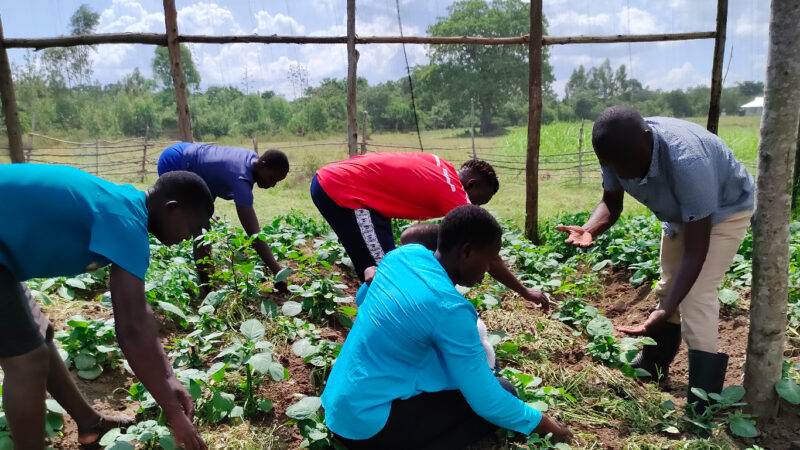
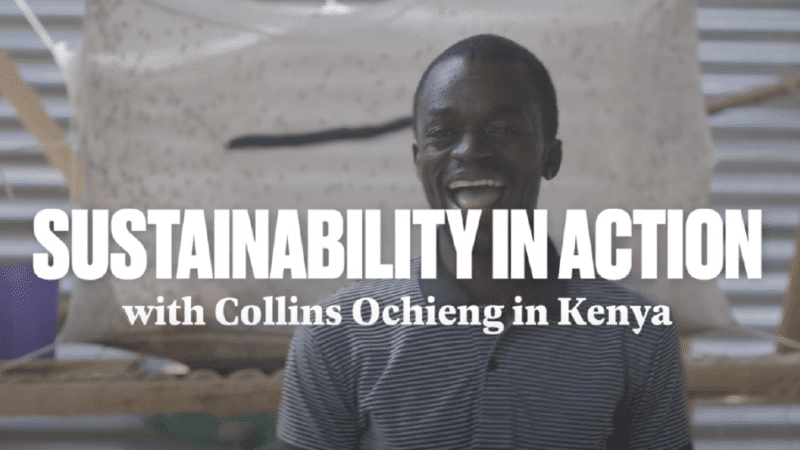
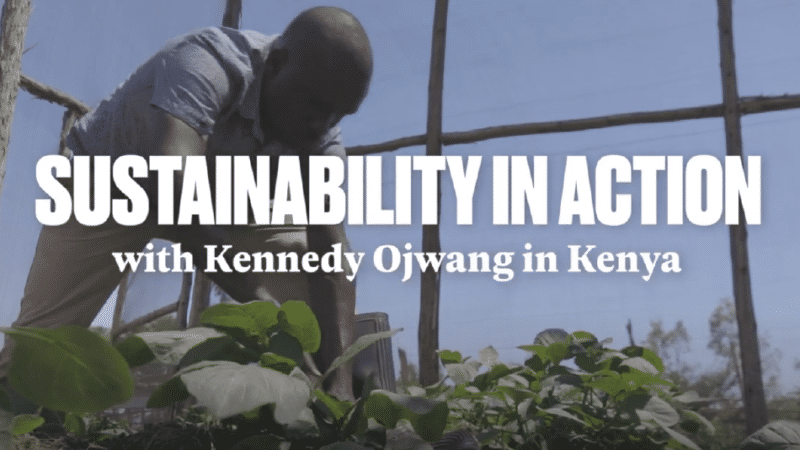
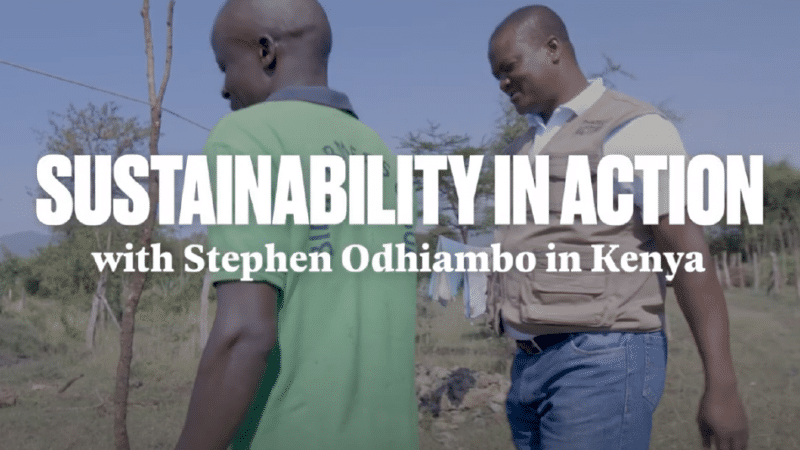
Annelies Withofs, Programme Manager at The IKEA Foundation
The Transforming Rural Economies and Youth Livelihoods programme (TREYL) focuses on the needs of young people in rural communities.
Smallholder farmers across Kenya face many challenges. Farmers often struggle to access fertile land to grow their crops and don’t have the money to invest in seeds and equipment. Conventional farming methods, coupled with the impact of climate change, lead to poor yields and harvests that are too small to feed a family and return an income.
Increasingly, young people in Kisumu and Homa Bay view agriculture as an unattractive career option. Many of them choose to leave their rural homes to try and find alternative employment in cities.
Improving the viability of agriculture as a career can address high levels of unemployment in rural areas, keep families together, provide communities with more nutritious food, and boost the local economy. Through regenerative agriculture, a new generation of farmers has the opportunity to write a different story for themselves and their local community.
Practical Action works with governments, communities, development agencies and private companies to promote sustainable, climate-resilient, inclusive smallholder agriculture.
The TREYL programme, in partnership with the IKEA Foundation, is building a business case to demonstrate that regenerative agriculture can be commercially successful. We are working with an initial cohort of 6,000 young women and men, enhancing their business skills based on an agro-ecological approach to farming.
We are developing multi-stakeholder platforms to improve the poultry, groundnut and tomato value chains. Working groups, made up of commercial providers and government agencies, are tackling access to finance, training services and the provision of market information.
The programme has mobilised businesses, government and civil society. Collaboration between different market actors has led to new solutions and addressed constraints around access to finance, market information and training. The programme has also supported the development of a number of new enterprises that support regenerative agriculture and provide opportunities for young people.
More young people employed within the agricultural sector
Increased adoption of regenerative agriculture techniques
Improved links to finance and working capital
Better access to market information and commercial opportunities
TREYL contributes to progress against four of the 17 SDGs.
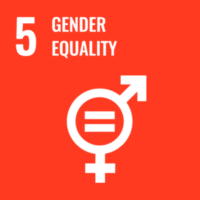
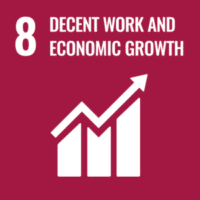
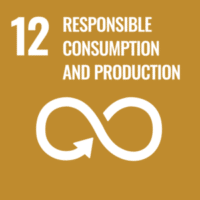
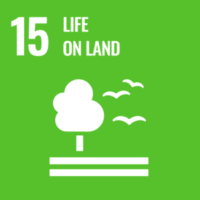
The Transforming Rural Economies and Youth Livelihoods (TREYL) regenerative agriculture program, operating in Kenya f...
This Agroecology Toolkit is a guide on selected Agroecology Technologies by Agroecology Stakeholders Network (AESTANE...
